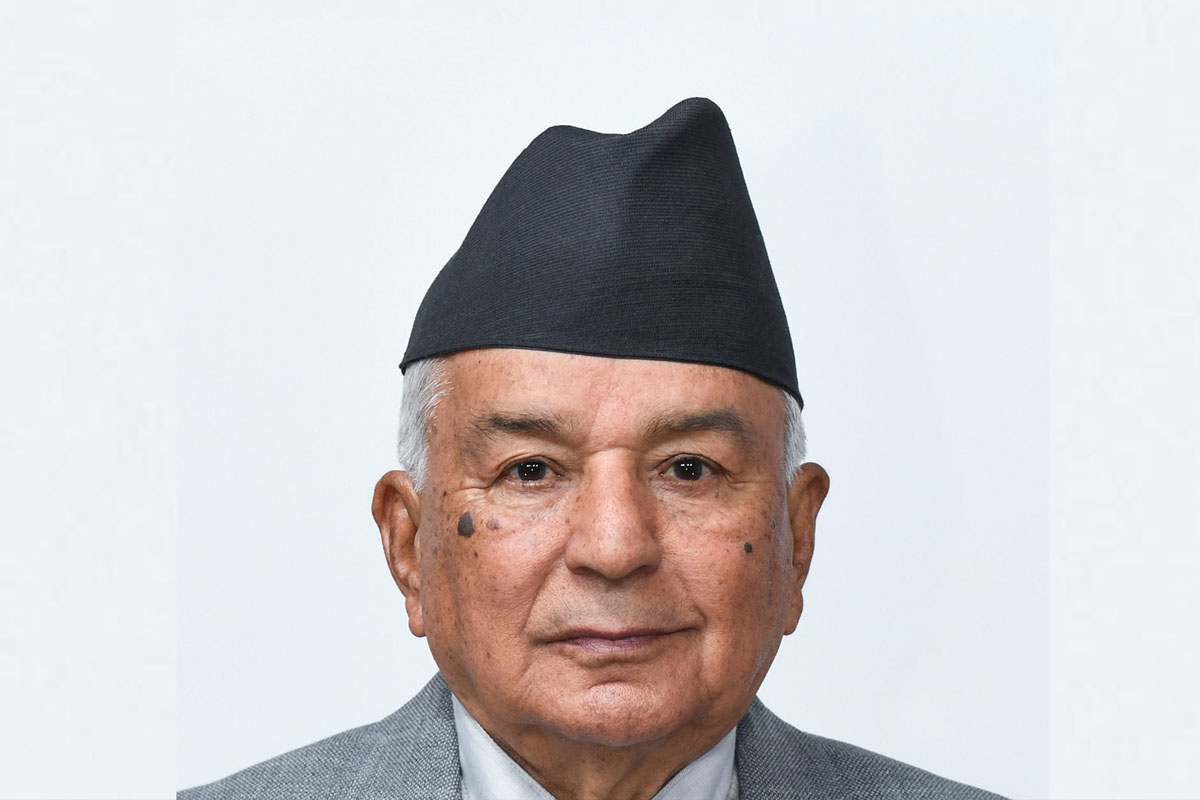
Kathmandu, Nov 22: President Ramchandra Paudel has issued an ordinance amending the Nepal Special Service Act 2042, but the related ordinance concerning the Constitutional Council has been placed on hold for further study. Presidential spokesperson Pradeep Kumar Koirala said the Special Service Act amendments were limited in scope, allowing immediate issuance, while the Constitutional Council ordinance requires more review.
The ordinances reached the President’s office following decisions at the Cabinet meeting on Tuesday. The amendment to the Special Service Act returns the National Investigation Department (NID) to the Home Ministry after seven years. The department had been placed under the Prime Minister’s Office in February 2018 under former PM KP Sharma Oli, a move widely criticized at the time as concentrating power.
The current government, formed after the Gen Z protests and led by PM Sushila Karki, had decided to restore the NID, Revenue Investigation Department, and Asset Recovery Office to their previous structures. Accordingly, the ordinance to amend the Special Service Act has been issued.
However, the Constitutional Council ordinance remains on hold. Officials say the provisions mirror elements of a previously returned bill, and questions remain over whether appointments can proceed without parliamentary hearings. Under the Constitution, the six-member Constitutional Council includes the Prime Minister as chair, Chief Justice, Speaker, National Assembly Chair, leader of the main opposition party, and Deputy Speaker. With the House of Representatives dissolved, the main opposition leader’s position is vacant.
The ordinance proposes that remaining members can meet and make decisions, allowing appointments during parliamentary recesses. Once the new House is formed after elections, appointees would face parliamentary scrutiny. The plan includes a 45-day window for approval; if a committee does not respond within that period, appointments would stand. The ordinance also allows a quorum of members to conduct meetings and make decisions.
Previously, a bill on the Constitutional Council had been sent back to the President in August 2025 for reconsideration. The current ordinance is awaiting similar evaluation, with discussions planned with stakeholders and experts to address constitutional ambiguities, especially regarding Article 292, which mandates parliamentary hearings before constitutional appointments.
The government has cited Supreme Court precedents allowing appointments without parliamentary hearings during unusual circumstances. Under former PM Oli, ordinances in 2020 and 2021 allowed 52 officials to be appointed during a dissolved House, later upheld by the Supreme Court, though not unanimously. Chief Justice Prakashman Singh Raut and Justice Nahakul Subedi had dissented, while Justices Sapana Pradhan Malla, Manoj Kumar Sharma, and Kumar Chudal supported the appointments.
The current government intends to use the same principle to bypass the 45-day parliamentary review, issuing ordinances to ensure timely appointments to constitutional bodies. Senior advocate and former Bar president Purnaman Shakya noted that extraordinary situations, like a dissolved House or unusual government formation, may justify appointments without parliamentary hearings to prevent administrative paralysis.
The Special Service Act amendment has been implemented immediately, allowing appointments under the ordinance, while the Constitutional Council ordinance awaits further review and consultations to ensure compliance with constitutional norms. The President’s office has not confirmed a final decision but is actively engaging stakeholders to address legal and procedural concerns.
This approach reflects a balancing act between maintaining state functionality and adhering to constitutional requirements amid political uncertainty.
People’s News Monitoring Service






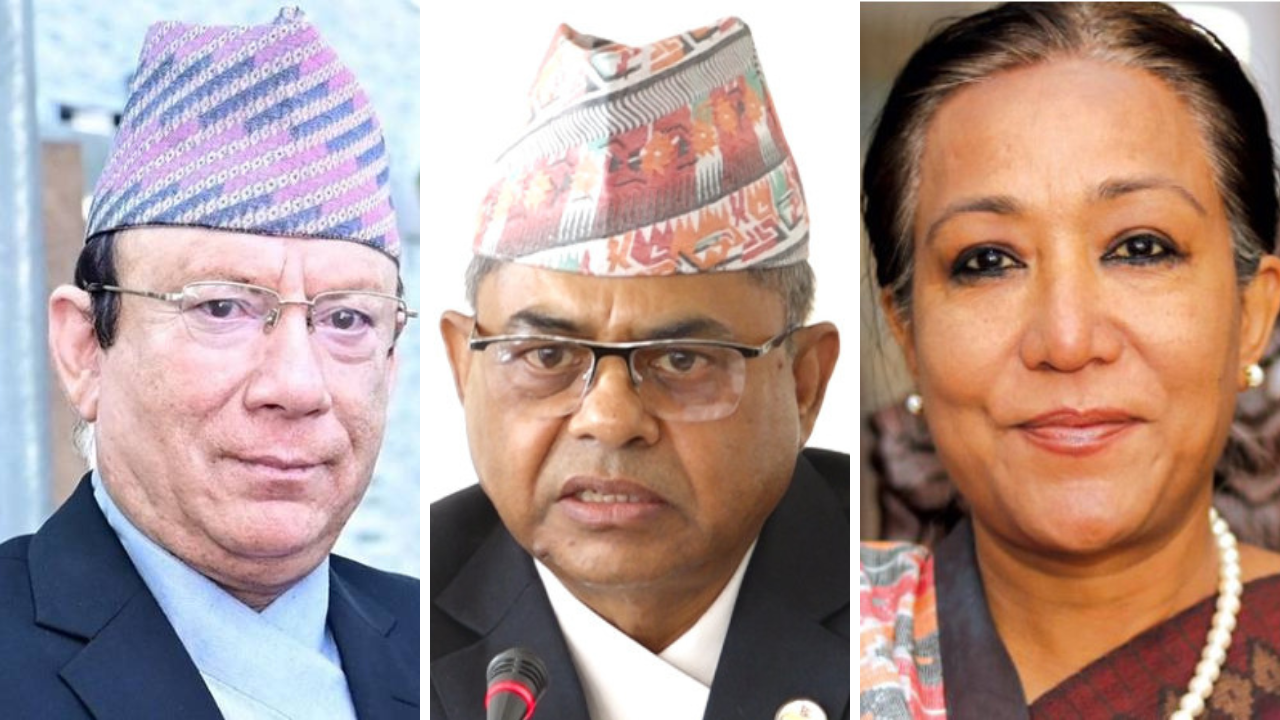


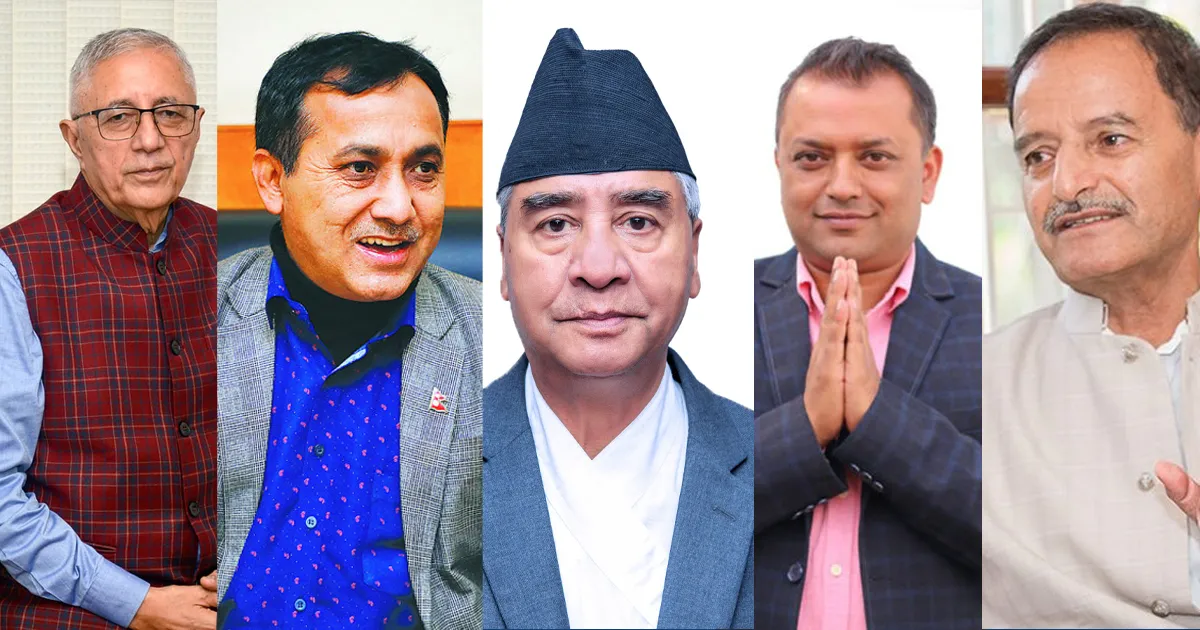
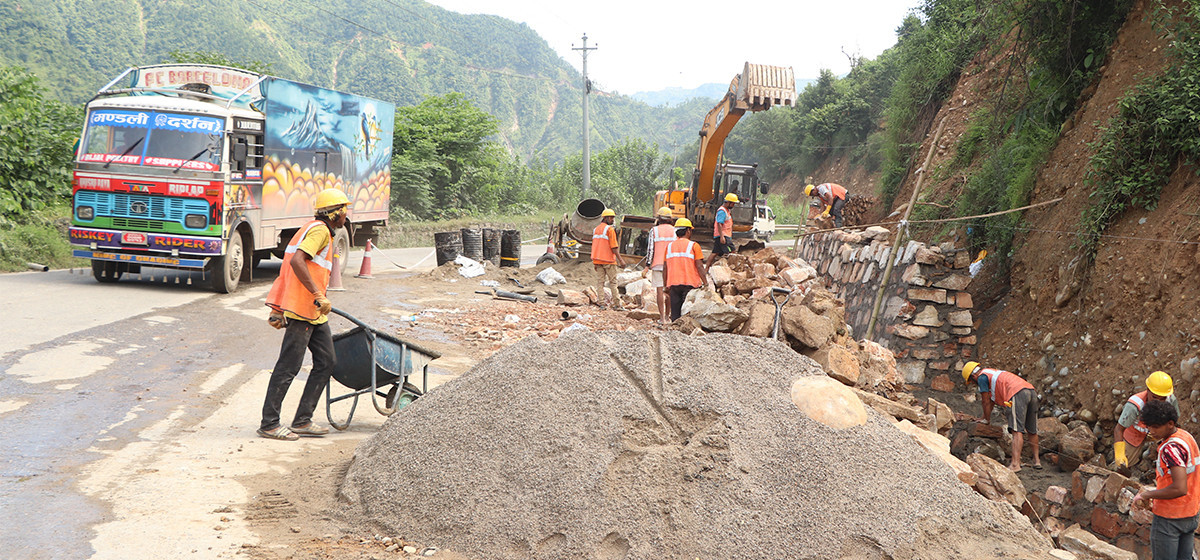
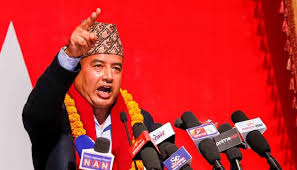
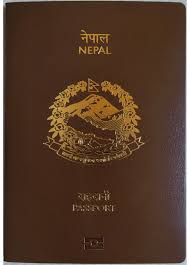




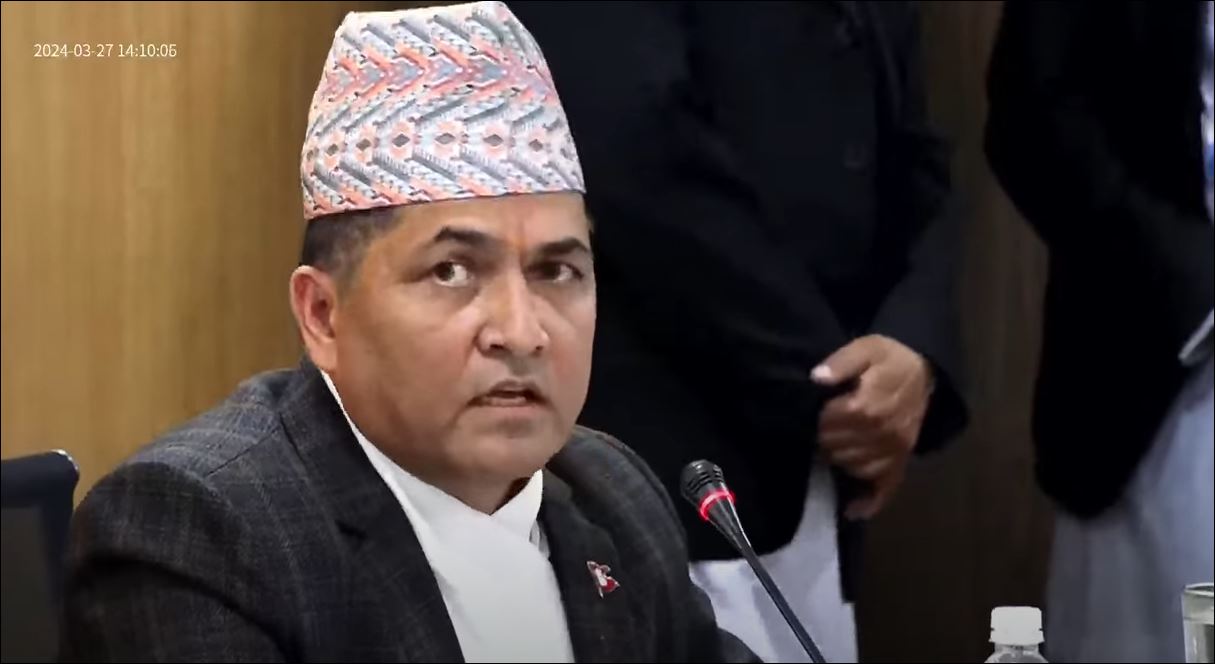

Comments:
Leave a Reply